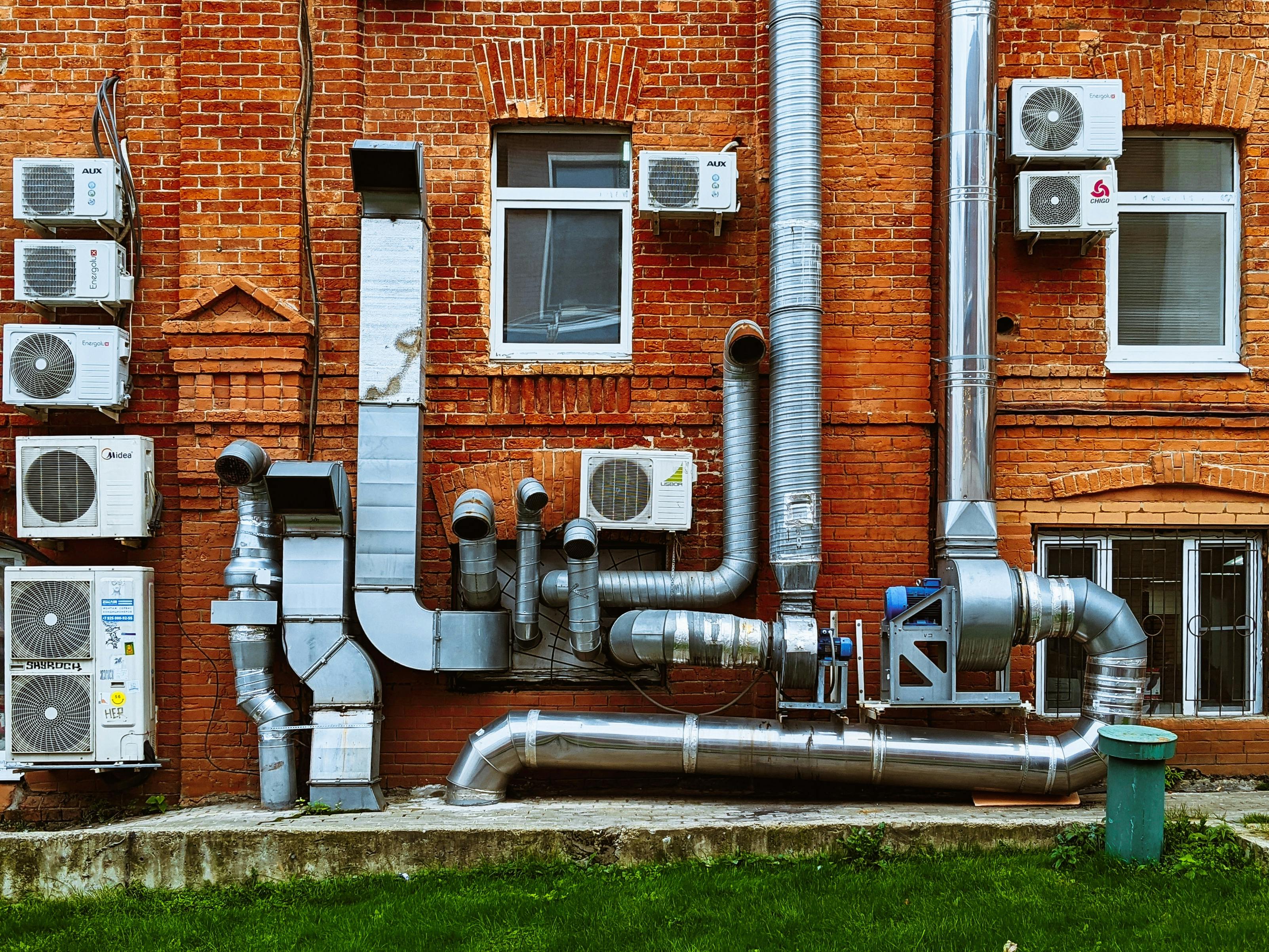Tampa's Humidity Solutions: How to Optimize Your HVAC System for Comfort

Tampa, Florida, is known for its hot and humid climate, which can pose challenges to maintaining indoor comfort. To combat the high humidity levels, it's crucial to optimize your HVAC system. In this article, we will explore effective strategies to help Tampa residents achieve optimal indoor comfort by addressing humidity issues. By implementing these techniques, you can prevent mold growth, reduce excessive moisture, and create a comfortable and healthy living environment in Tampa's humid conditions.
Proper Sizing and Ventilation
Ensure that your HVAC system is properly sized for your home or space. An oversized unit may cool the air quickly but fail to dehumidify adequately. On the other hand, an undersized unit may struggle to remove moisture effectively. Consult with an HVAC professional to determine the right system size for your specific needs. Additionally, proper ventilation, such as using exhaust fans in bathrooms and kitchens, helps remove excess humidity generated by activities like showering and cooking.
Dehumidification Equipment
Consider investing in a dedicated dehumidifier to supplement your HVAC system. Dehumidifiers help remove excess moisture from the air, reducing humidity levels and preventing mold growth. Whole-house dehumidifiers can be integrated with your existing HVAC system, providing comprehensive humidity control throughout your home. Portable dehumidifiers are also available for specific areas or rooms with high humidity.
Regular HVAC Maintenance
Regular HVAC maintenance is crucial for optimal performance and humidity control. Schedule professional inspections and maintenance at least twice a year to ensure that your system is clean and functioning efficiently. Dirty coils or clogged filters can impede moisture removal and lead to higher humidity levels. By keeping your HVAC system in top shape, you can maintain comfortable indoor humidity levels in Tampa.
Sealing and Insulating
Proper sealing and insulation of your home's envelope can significantly improve humidity control. Inspect windows, doors, and other potential air leakage points, and seal any gaps or cracks. Adequate insulation helps maintain consistent temperatures and reduces the impact of outside humidity on your indoor environment. By minimizing air infiltration, you can enhance your HVAC system's ability to manage humidity levels effectively.
Airflow Management and Air Filter Maintenance
Optimizing airflow within your HVAC system is essential for humidity control. Ensure that supply and return vents are unobstructed by furniture or other objects, allowing proper air circulation. Regularly clean or replace air filters to prevent dust and debris buildup, which can impede airflow and hinder moisture removal. Clogged filters can also contribute to higher humidity levels and reduce the efficiency of your HVAC system.
Conclusion
Tampa's humid climate presents challenges for maintaining indoor comfort, but with proper strategies, you can optimize your HVAC system to combat high humidity effectively. By ensuring proper sizing, ventilation, and considering dehumidification equipment, you can prevent mold growth and create a comfortable living environment. Regular maintenance, sealing and insulation, as well as airflow management, are essential for humidity control. Implement these strategies to achieve optimal indoor comfort and enjoy a healthier, drier, and more pleasant home in Tampa, Florida.
Related Blogs Posts

Mastering HVAC Systems: A Comprehensive Guide